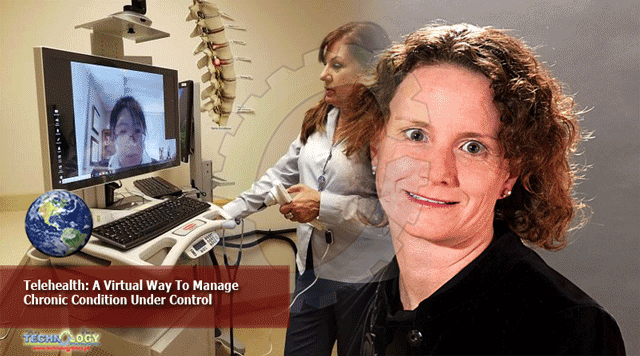Making regular health care appointments is a bit different right now. But illnesses and injuries still happen, even during a pandemic. You need to keep managing your health, especially if you have a chronic condition like diabetes, heart disease, or COPD.

To help stay in touch with you while COVID-19 is a concern, many health care providers are offering telehealth or telemedicine appointments.
Telehealth has been used by health care systems for years. It refers to video or phone calls for real-time conversations with a health care provider outside the medical office. Thanks to advances in technology, medical professionals can provide comprehensive remote services to their patients.
With telehealth, you don’t have to go to a provider’s office, clinic, or hospital. Instead, you can have a health care appointment from your own home. During a video visit, you can see and talk with your provider in real time using your computer, tablet, or smartphone. Combined with other virtual options, such as short phone calls to check in with your provider and exchanging messages through a secure online patient portal, your care is extremely accessible.
Telehealth is a great option for managing a chronic condition that’s under control, like diabetes or heart problems. It’s also a great option to meet with a provider to discuss mild symptoms of an illness such as a rash, or address a minor injury. Patients also use telehealth for questions about medicines they’re taking, or questions about ongoing treatments.
Telehealth isn’t for emergencies or serious health problems. You may need to have an in-person visit if you have severe symptoms of illness. It’s time to go in for a visit if you are experiencing sudden changes in a chronic health condition, reactions to medicines, or if your prover says you must be seen in person.
For any medical emergency, call 911; and know when to go to the emergency department. If you are experiencing chest pain and pressure, trouble breathing, symptoms of stroke or heart attack, severe injury, sudden and severe pain, or neurological conditions such as concussions, proceed to the nearest emergency room.
Medical services are available in the area, so don’t put your care on hold. Contact your primary care provider’s office to schedule a telehealth visit, seek care, or receive 24/7 clinical advice. Even during a pandemic, Barton Health’s medical offices, hospital, emergency department, and urgent care facilities are accessible.
Dr. Allison Steinmetz is medical director and a primary care provider for Barton Family Medicine in South Lake Tahoe, California.
The article is originally published at : tahoedailytribune
